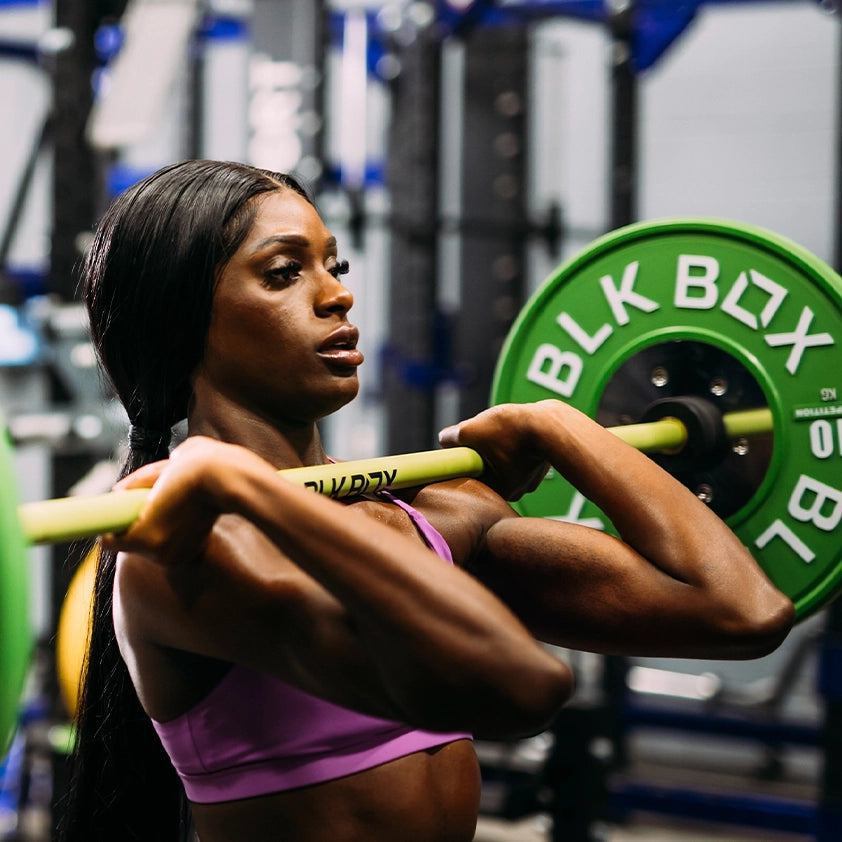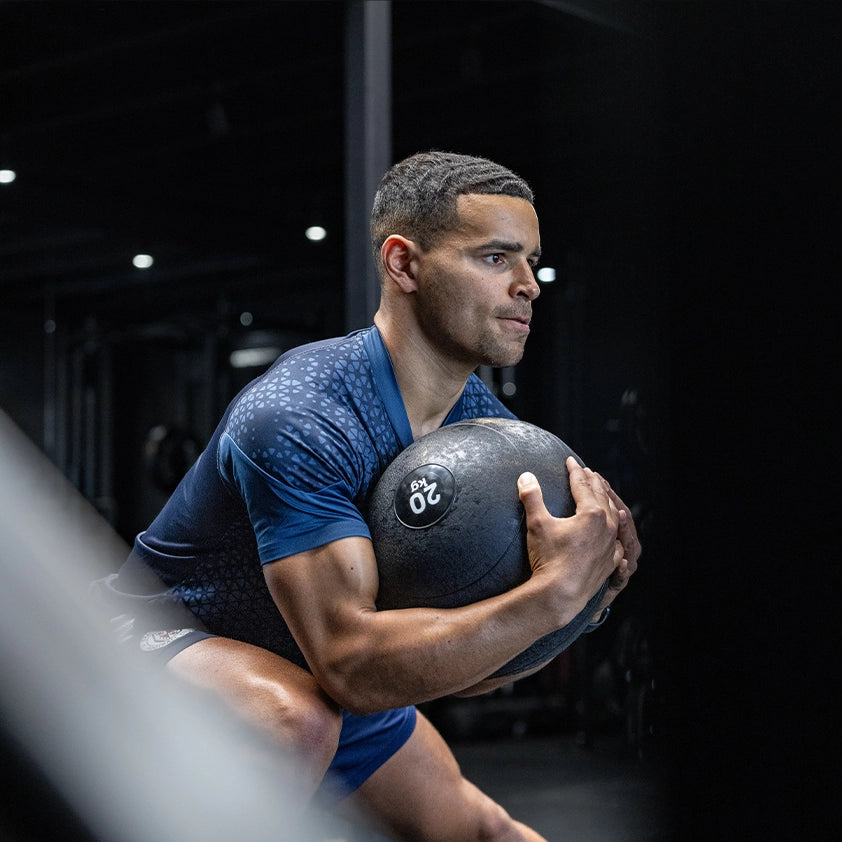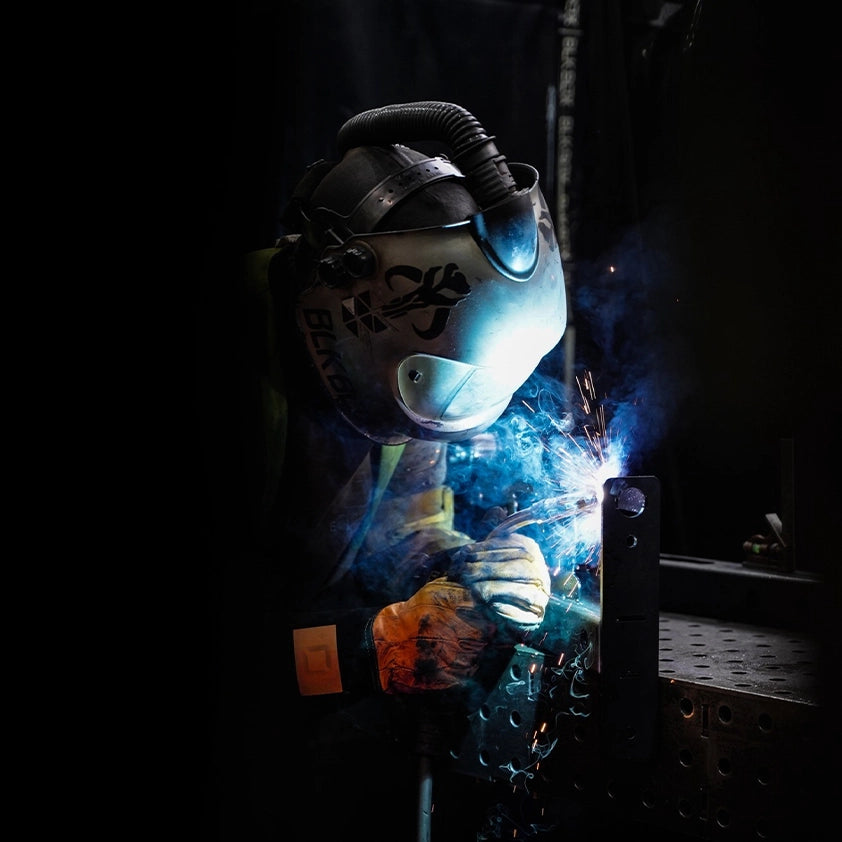Cast Iron vs. Competition Kettlebells

Kettlebells have been around for centuries, but their popularity continues to rise. With different types available, choosing the right one can be overwhelming. That’s why we’ve broken down the key differences between competition kettlebells and cast iron kettlebells to help you make the best choice.
Competition Kettlebells
Competition kettlebells are colour-coded for easy weight identification. Unlike cast iron kettlebells, their size remains the same across all weights, making them ideal for technical movements like the Jerk and Snatch. This ensures consistency, as the kettlebell will always rest in the same position on your forearm.
Key Features:
- Standard handle diameter (33mm) for all weights.
- Rectangular handle design reduces grip fatigue, perfect for high-rep training.
- More porous handles absorb chalk better, improving grip.
Who Should Use a Competition Kettlebell?
- Athletes training for kettlebell sport competitions.
- Individuals with smaller hands for a secure grip.
- Those focusing on one-arm movements.

Cast Iron Kettlebells
The cast iron kettlebell is made from a single solid piece of metal. Unlike competition kettlebells, size increases with weight.
Why Choose a Cast Iron Kettlebell?
- Better for two-handed exercises like swings and goblet squats.
- Ideal for strength training at a lower price point.
- More versatile—commonly used in home gyms, CrossFit, and commercial facilities.
Who Should Use a Cast Iron Kettlebell?
- Beginners learning foundational kettlebell movements.
- Athletes focusing on strength and power over endurance.
- Individuals with larger hands needing more handle width.

Comparison: Competition vs. Cast Iron Kettlebells
| Competition Kettlebell | Cast Iron Kettlebell |
|---|---|
| Material: Steel | Material: Iron |
| Same size regardless of weight | Size increases with weight |
| Colour-coded for easy weight identification | Not always colour-coded |
| Reduces grip fatigue | Can cause more grip fatigue over time |
| More challenging for two-bell exercises | Better for two-bell movements |
| Rectangular handle shape | V-shaped handle |
What About Urethane Kettlebells?
For high-traffic commercial gyms, a urethane kettlebell is a great option. These kettlebells have a durable outer layer, making them shock-absorbent and protecting both the floor and the bell itself.


















